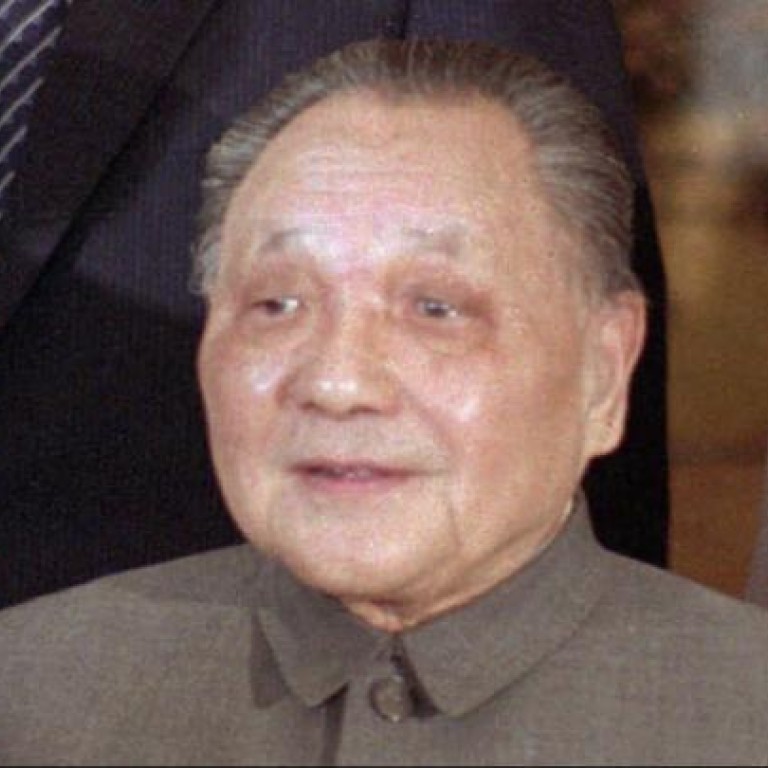
Defeatist talk on democracy is contrary to Hong Kong spirit
Stephen Vines says simply accepting fate is contrary to Hong Kong spirit
Everyone with half a brain knew that the authorities in Beijing were never going to willingly fulfil the original promise of Hong Kong people ruling Hong Kong by democratic means and, indeed, the earliest declarations on this subject, from Deng Xiaoping downwards, indicated that talk of elections was very much in a qualified context.
Therefore, it comes as no surprise that the big softening-up process has begun to lower expectations for a truly democratic election of the chief executive in 2017 and for all legislators thereafter.
Anyone who has observed Hong Kong affairs will be familiar with how this works. First up are guarded declarations by state leaders, allegedly speaking in general terms. This is followed by more specific references to how things will pan out. At this point, the usual motley assortment of Beijing-inclined sycophants and office-seekers from Hong Kong pile in, going that extra mile to explain why words like representative government and democracy cannot possibly mean the same thing here as they do in the rest of the world.
So far, so bad, but now we see a small barrage of comment, not least in this newspaper, from people who declare themselves to be in favour of democracy. In essence, what they are saying is: get real, Hong Kong has to accept that it is part of a one-party state and people had better get used to the idea of settling for second or third best.
This defeatist talk, dressed up as pragmatism, is so totally against the ethos of Hong Kong that it is not only depressing, it also runs contrary to the entire history of this place.
It should never be forgotten that Hong Kong exists as it does because it is mainly populated by the sons and daughters of people who uprooted themselves from a life they rightly believed would be oppressive and economically poor in a one-party state. They did not passively wait to see what would happen but took decisive action to avoid this fate.
Doing so involved the dubious acceptance of life under a colonial regime but this did not mean the new arrivals slavishly became colonial vassals. On the contrary, they carved out an identity that came to be increasingly different from that of compatriots on the mainland and was certainly not British.
The grinding poverty of 1950s Hong Kong gave way to glimmers of light in the 1960s, overshadowed by an overspill from the dire consequences of the Cultural Revolution. Yet the indefatigable people of Hong Kong did not retreat into despair but worked and worked to transform the situation.
Fast-forward to the 1980s, when a growing number of activists mounted effective challenges to the colonial regime and forced it to start thinking about constitutional reform. Today's defeatists, had they been around, would presumably have argued that these campaigners were unrealistic idealists challenging a colonial power that held all the cards.
Yet their efforts wrought changes and, even when the British had gone, the people showed that they would not passively accept draconian anti-subversion legislation or indoctrination of their children.
Now we stand on the cusp of a key moment in Hong Kong's history. The SAR has become one of the world's most developed, literate and prosperous societies and its citizens look forward to governing themselves in ways that resemble other societies at this stage of development.
But we are told realism dictates that the people should shut up and accept their fate. Well, progress has never been achieved by passivity, especially in Hong Kong where fighting against the odds created levels of prosperity that seemed absurd in the 1950s. Yet we are told that the economic arena is somehow entirely detached from the wider concerns of society.
How Karl Marx would chuckle if he were here today.

